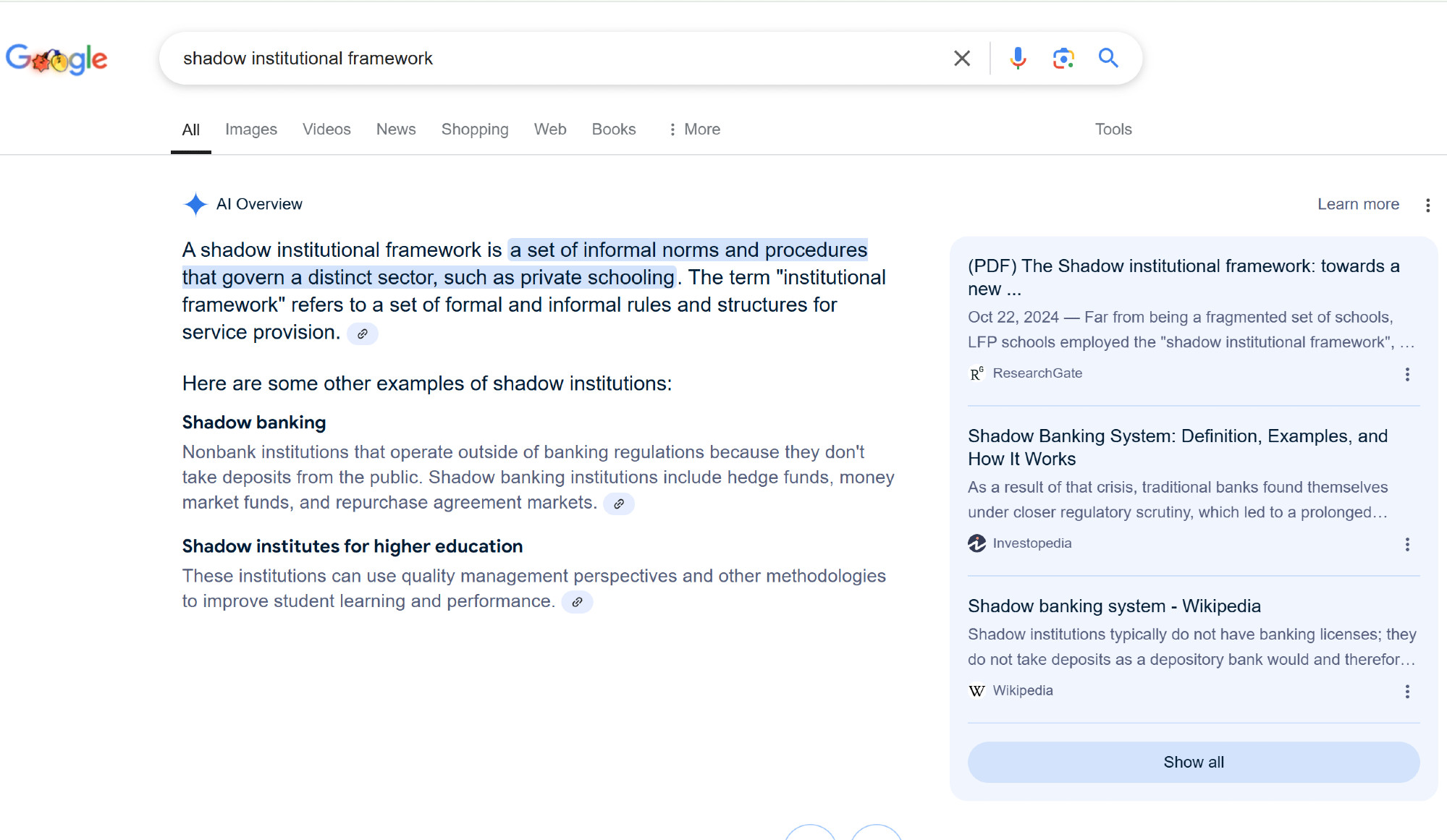this post was submitted on 19 Dec 2024
0 points (NaN% liked)
AcademicChatter group
2 readers
3 users here now
I'm a group about AcademicChatter. Follow me to get all the group posts. Tag me to share with the group. Create other groups by searching for or tagging @yourGroupName@a.gup.pe
founded 1 year ago
you are viewing a single comment's thread
view the rest of the comments
view the rest of the comments

@AlRoeh @octade @prachisrivas @academicchatter @pluralistic
Thank you for the reading tip!
Of course legal language is complex and has traditions that make it differ from common language. But - as you noted - it is possible to understand that with some training, experience or help.
Even I can understand German law or court decisions with my rusty German and a dictionary or a proper automatic translator (such as DeepL which AFAIK is a German company). On the other hand, after learning 20 years I am still not able to get a grasp of relevant law cases in a certain legal problem. It is truly, as Monty Python would put it, something totally different. ;-)
@AlRoeh@social.tchncs.de @prachisrivas@masto.ai @academicchatter@a.gup.pe @pluralistic@mamot.fr
You said the magic phrase.
Come see the violence inherent in the system!
https://youtu.be/ZoQptriioxA
This version is longer. The first minute shows the purpose of legal language: to claim possession of people and their property through identification with titles of authority:
Monty Python And The Holy Grail Dennis The Repressed Peasant
https://www.youtube.com/watch?v=eKIyVnoZDdQ
"I am Arthur, King of the Britons."
"King of the who?"
"King of the Britons."
"Who are the Britons?"
"We all are. We're all Britons. And I am your king."
Cleese and crew understood it instinctively.